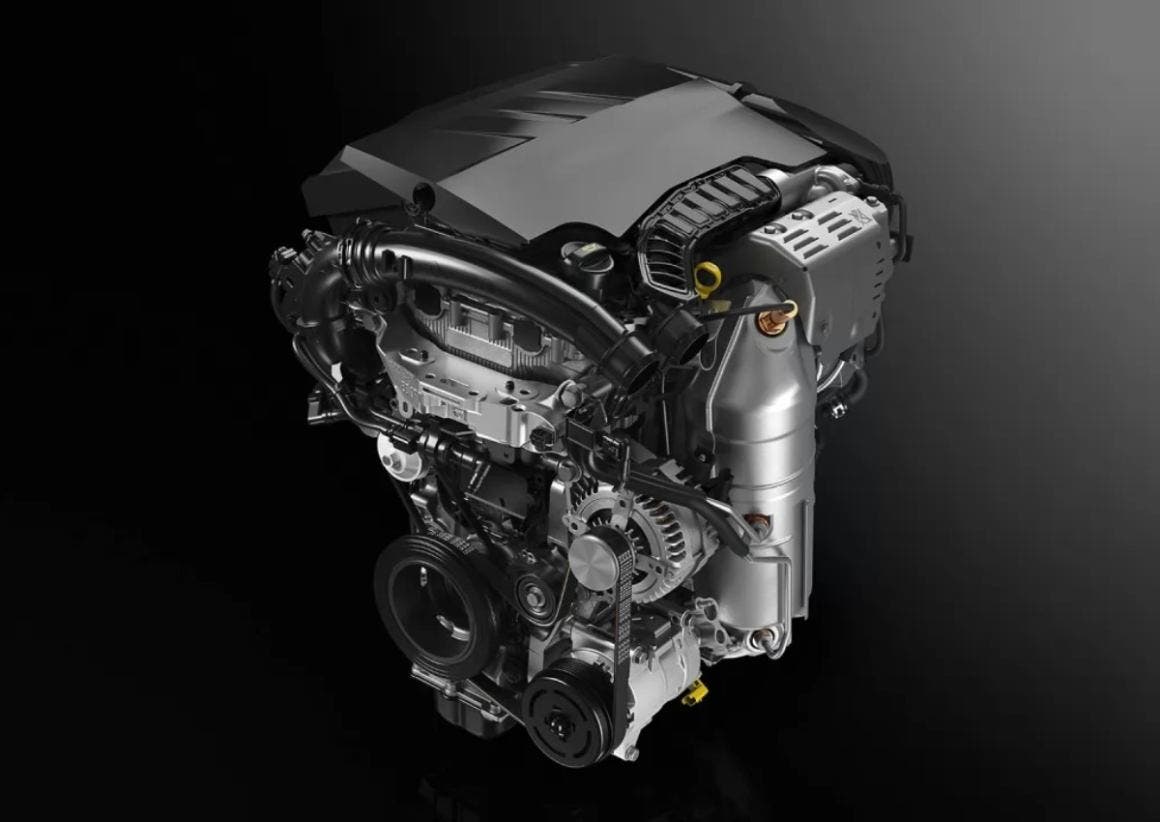Stellantis may say no to compensation for bad problems with its PureTech engine. The news has thrown thousands of customers in a panic who were hoping to get compensation for damages suffered due to the known defect in the 1.2 PureTech engine. But what will become of them?
Stellantis does not seem to be intent on compensating customers for the PureTech engine
A French law firm has decided to take legal action against automotive giant Stellantis for two main reasons: problems with the 1.2 PureTech engine, which has defects that cause serious malfunctions, and dangerous Takata airbags installed in some C3 and DS3 models, with 600,000 recalls. The current situation seems quite critical for Stellantis, which risks facing a wave of lawsuits from dissatisfied customers.
About 4,800 people have joined the class action lawsuit against Stellantis over problems with the PureTech engine. The plaintiffs complain of economic damages due to the engine defect, which caused malfunctions and breakdowns. Among the most common problems was a broken timing belt, with serious consequences that in some cases led to the complete replacement of the engine. The Stellantis Group does not seem to be willing to compensate customers who have suffered problems with this malfuctioning PureTech engine.
Negotiations, led by lawyer Me Lèguevaques, appear to be stalled, however, as the French newspaper La Provence reports. The situation appears worrisome for consumers, who had hoped to obtain concrete compensation for the damages suffered. The news says that the Group headed by Carlos Tavares has reportedly informed representatives of the ongoing class action that it does not intend to proceed with individual indemnifications. Rather-instead of economic compensation-Stellantis has proposed an extended warranty and a kind of “label” certifying the durability of the PureTech-powered vehicle in case of resale. This proposal, however, does not convince the class action clients, who consider it insufficient to compensate for the damage suffered.

In short, we are facing a rather complex situation that is a major blow to the image of the automotive group and opens up new fronts for legal disputes. For now, the situation is still evolving. Customers will have two paths to decide to take: either to go ahead with the class action, or in simple words to undertake a legal battle that could be long and costly, with an uncertain outcome, or to accept the label, forgoing the expected financial compensation, but still having a certification that could facilitate the resale of the vehicle. At this time of uncertainty, it is important for customers with PureTech engines to inform themselves thoroughly and weigh their options carefully. The deadline for finding an amicable agreement is June 30. Should the parties fail to reach an agreement by that date, the class action is likely to proceed through the courts.
We will remain tuned to follow developments in this matter and find out how Stellantis and customers will deal with this difficult situation.
